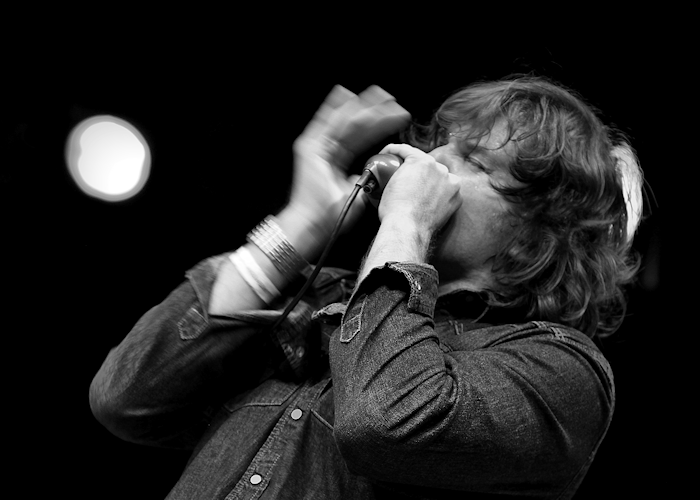
Harmonicas
Discover Harmonicas at Musicstreet
Cambridgeshire’s Independent Music Shop
Looking for the perfect harmonica? At Musicstreet, we offer a curated selection of harmonicas for every musician, from beginners to experienced players. Choose from trusted brands like Hohner, Lee Oskar, and Suzuki—each known for rich tone and reliable build quality.
Whether you need a classic diatonic harmonica for blues, a chromatic model for jazz, or compact options for folk and pop, you’ll find the right instrument here. Our friendly team of musicians is always happy to help you select the ideal harmonica, explain the differences between models, and offer expert advice on care and technique.
• Extensive range of harmonicas in multiple keys
• Fast UK delivery
• Suitable for all levels and musical styles
• Visit us in-store or shop online with confidence
What are the main differences between blues and diatonic harmonicas?
There is no fundamental difference between "blues harmonica" and "diatonic harmonica"—they are actually two names for the same instrument. The term "blues harmonica" is commonly used in reference to the 10-hole diatonic harmonica because this type is most widely used in blues music.
• Diatonic harmonica (also called harp or blues harp):
◦ Usually has 10 holes
◦ Tuned to a specific major key (e.g., C, A, G)
◦ Designed to play melodies and chords primarily within that key
◦ Often used for blues, folk, rock, and country music
◦ Allows note-bending for extra expressive, bluesy sounds
• Blues harmonica:
◦ Refers to the same 10-hole diatonic instrument when used in blues
◦ "Blues Harp" is a popular brand/model name, but functionally it is a standard diatonic harmonica
Why the confusion?
• The term "blues harmonica" sometimes describes diatonic harmonicas marketed towards blues players (with dark tone, responsiveness, and good bending characteristics), but these are not different in general structure from standard diatonic harmonicas.
In summary:
Blues harmonicas and diatonic harmonicas are the same instrument. The distinction is mostly in usage or branding, not in construction or musical function.
What Key Harmonica for a Blues Band in E?
• To play with a blues band performing in the key of E, you need a diatonic harmonica in the key of A.
◦ This method, called "second position" or "cross harp," is the traditional setup for blues, allowing you to play the E blues scale strongly and easily bend the key notes required for the genre.
◦ An A harmonica played in second position puts E as the root note, aligning perfectly with a band playing blues in E.
Looking for a Harmonica teacher? - Check out Steve Lockwood